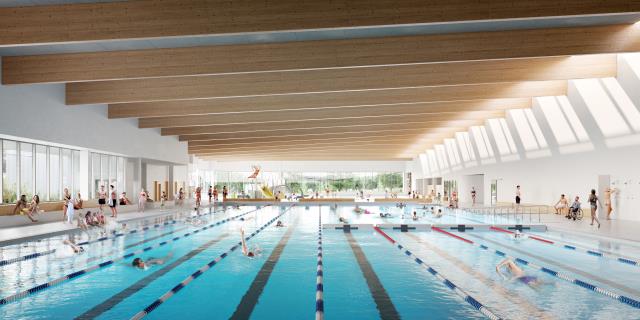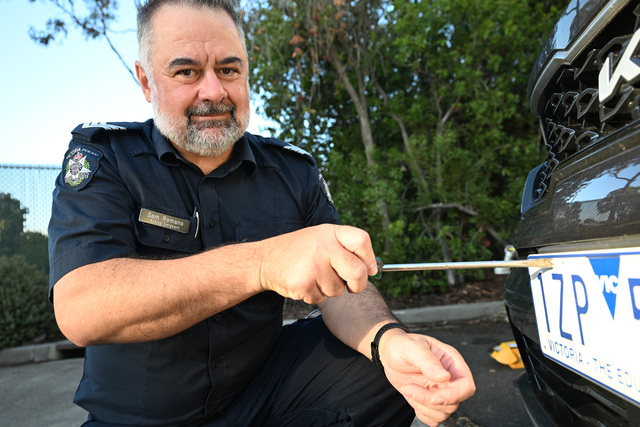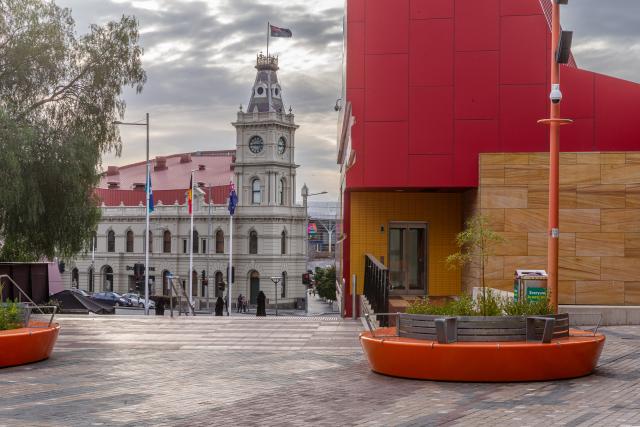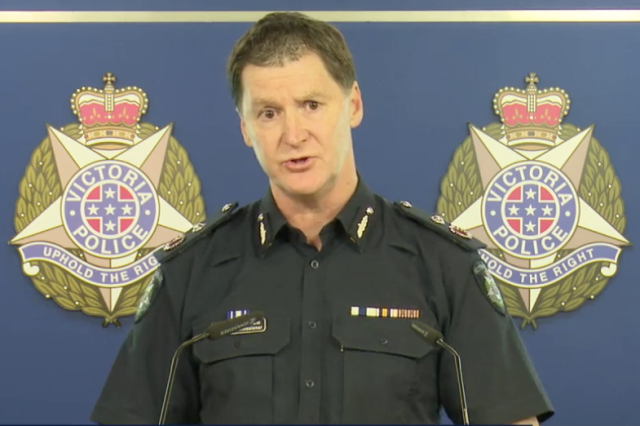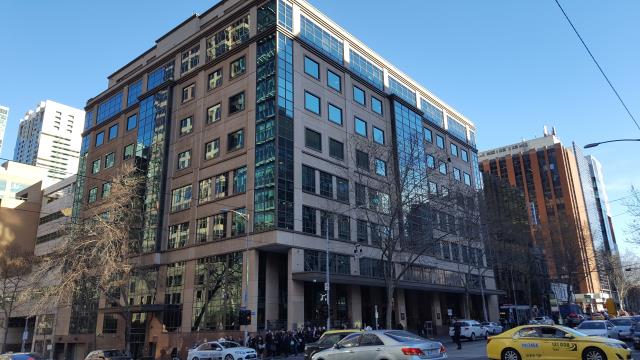Greater Dandenong Council is set to increase households’ rates and waste charges bills this year to a median $1534.82 – up by 2.53 per cent or $37.87.
The council will also borrow a projected $75 million to build three major facilities in the next four years, according to its draft 2024-’25 budget.
It represents nearly half of $153 million to be spent in that period on the aquatic facility Dandenong Wellbeing Centre (DWC), Keysborough South Community Hub (KSCH) and Dandenong Community Hub (DCH).
The council’s borrowings – to peak at $105 million in three years – and the $60 million cost to service the debts over 10 years have been nominated by the council as among its ongoing financial challenges.
Its indebtedness to rates ratio would remain within “prudential limits”, the council stated in a long-term financial report.
The council’s massive $93.5 million capital works spend in 2024-’25 is dominated by $35 million for DWC and $19.7 million for KSCH.
Other spending includes $600,000 rectification of Dandenong Civic Centre, $2.1 million for CCTV upgrades, $950,195 for tennis courts at Parkfield Rserve, $584,200 lights at Greaves Reserve, and $870,000 upgrade of South East Leisure facilities.
Greater Dandenong will also spend nearly $37 million on replacing ageing drains, roads and buildings – many of which were built in the 1960s and 1970s.
The October councillor elections will also cost the council about $579,000.
Meanwhile, building of the $30 million Dandenong Community Hub isn’t expected to start until 2025-’26.
In the budget papers, mayor Lana Formoso and chief executive Jacqui Weatherill state that the council’s financial position is sound but will be tested by the “compounding effect of rate capping and economic conditions”.
A $34 million surplus is expected, adjusted to an $11 million underlying surplus. This is up from a $4.8 million underlying deficit in 2023-’24.
“Council will either have to make significant changes to its operational services or accept that timelines for new projects will face longer term delays to be affordable for Council.”
Among the challenges listed in the council’s long-term financial report are rate capping, debt servicing, loans, increased service costs and rising construction costs.
In the budget, general residential rates are up 2.07 per cent and commercial up 1.41 per cent – both less than the State Government’s 2.75 per cent rate cap.
Industrial (up 3.57 per cent), vacant residential (4.01 per cent) and farm rates (4.26 per cent) rise higher than the cap.
Council fees and charges are up 3.25 per cent.
The draft budget, if approved by the council on 13 May, will be on public exhibition until 12 June.
A community feedback session is being introduced on 17 June prior to the adoption of the budget one week later.

